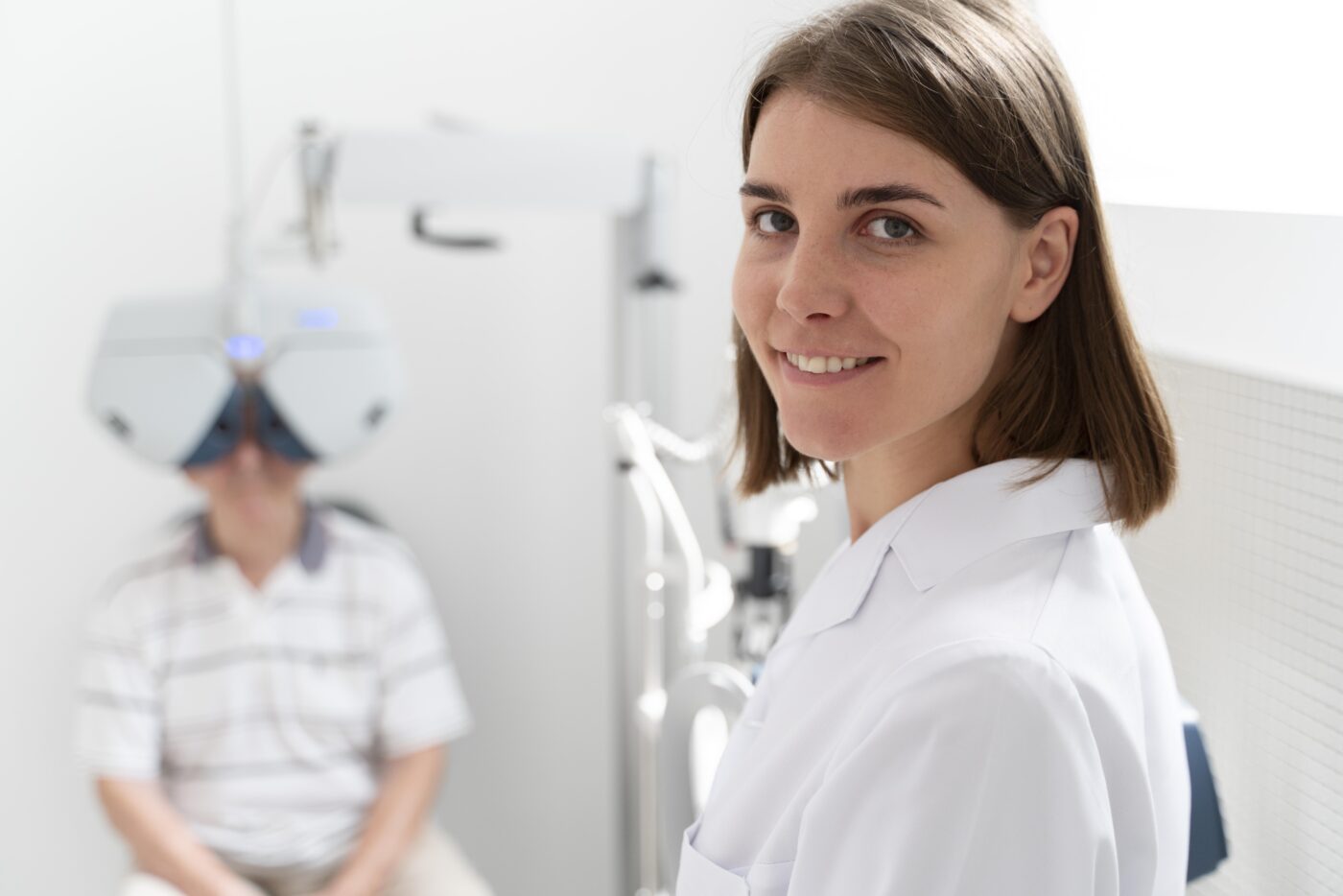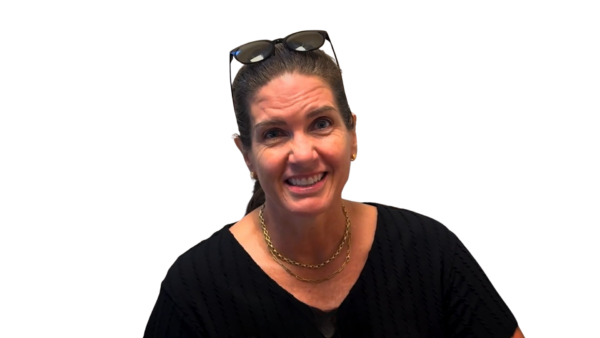LASIK is a well-established and widely popular vision correction procedure that has transformed the lives of millions of people around the world. Despite its proven success and increasing popularity, a persistent misconception lingers: “Why don’t eye doctors get LASIK?” This myth is busted by a study that showed ophthalmologists are significantly more likely to opt for vision correction procedures for themselves and their families. In fact, these medical professionals are five times more likely to choose corrective surgery for their own vision needs. Moreover, over 90% of eye surgeons surveyed recommended these procedures for their immediate relatives.
The Important Factor of LASIK Candidacy
The most important factor isn’t profession—it’s eligibility. Every patient, including eye care professionals, must meet certain criteria to qualify for LASIK.
👁 Key LASIK Candidacy Factors
| Factor | Why It Matters |
|---|---|
| Corneal Thickness | Must be thick enough to safely reshape |
| Stable Prescription | Changes in vision must have plateaued |
| No Eye Disease | Conditions like keratoconus disqualify some |
| Overall Health | Autoimmune issues or dry eye may affect safety |
| Age (18+ preferred) | Younger eyes often change too frequently |
Eye doctors are held to the same medical standards as anyone else. If they don’t qualify, it’s not a reflection on LASIK—it’s responsible patient care.
Why Some Eye Doctors May Opt Out of LASIK
While LASIK offers numerous advantages, it’s not for everyone. Here are some reasons why some individuals, including eye doctors, might choose not to undergo LASIK:
- Personal Preference: LASIK is an elective procedure. Some people might simply prefer wearing glasses or contact lenses for various reasons, such as cost considerations, the hassle of daily lens care, or a desire to maintain a certain aesthetic.
- Pre-existing Eye Conditions: As mentioned earlier, certain eye conditions can disqualify a person from LASIK candidacy.
- Professional Bias: It is essential to recognize that some eye care professionals earn a substantial part of their income from selling eyeglasses and contact lenses. Although many of these professionals adhere to high ethical standards, this financial incentive might unintentionally shape their views on LASIK surgery.
Eye Doctors and LASIK: Dispelling the Myth
Confidence Backed by Personal Experience
Doctors who specialize in eyes know the data. That’s why thousands of ophthalmologists and optometrists have had LASIK themselves—and many more have chosen it for their spouses, siblings, and children.
Quote from Our Network:
“I’ve been in practice for 35 years. Ended up having LASIK done in 1999 when I was 36 years old. Best think I’ve ever done for myself.”
— Dr. Gary Bircham, Optometrist
When you see an eye doctor wearing glasses, it doesn’t mean they distrust LASIK. Often, it just means they weren’t an ideal candidate or simply made a personal choice.
Making Informed Decisions about LASIK
The decision for eye doctors to undergo LASIK or any other vision correction surgery is influenced by various factors, including candidacy, vision changes, personal preference, and medical necessity. Understanding these factors can help demystify why some eye doctors might still wear glasses, even though they recommend vision correction procedures to their patients. If you are considering LASIK, we encourage you to consult with a LASIK Vision Institute eye care professional who can guide you through the decision-making process and help determine the best option for your vision needs.

Find a LASIK Surgery Location Near You
We’re located nationwide – it’s easy to find a LASIK Vision Center near you.
About The Author
Dr. T. Christopher McCurry, M.D., is a distinguished LASIK specialist, proudly certified by the American Board of Ophthalmology. With a dedicated focus on refractive surgery, he brings a wealth of experience as a surgeon since 2014. Since 2020, Dr. McCurry has been a pivotal member and the current Chair of the Physician Leadership Council for LasikPlus, LASIK Vision Institute, and TLC Laser Eye Centers. He guides a substantial group of eye doctors and surgeons, showcasing his commitment to advancing the field.
Categories:



